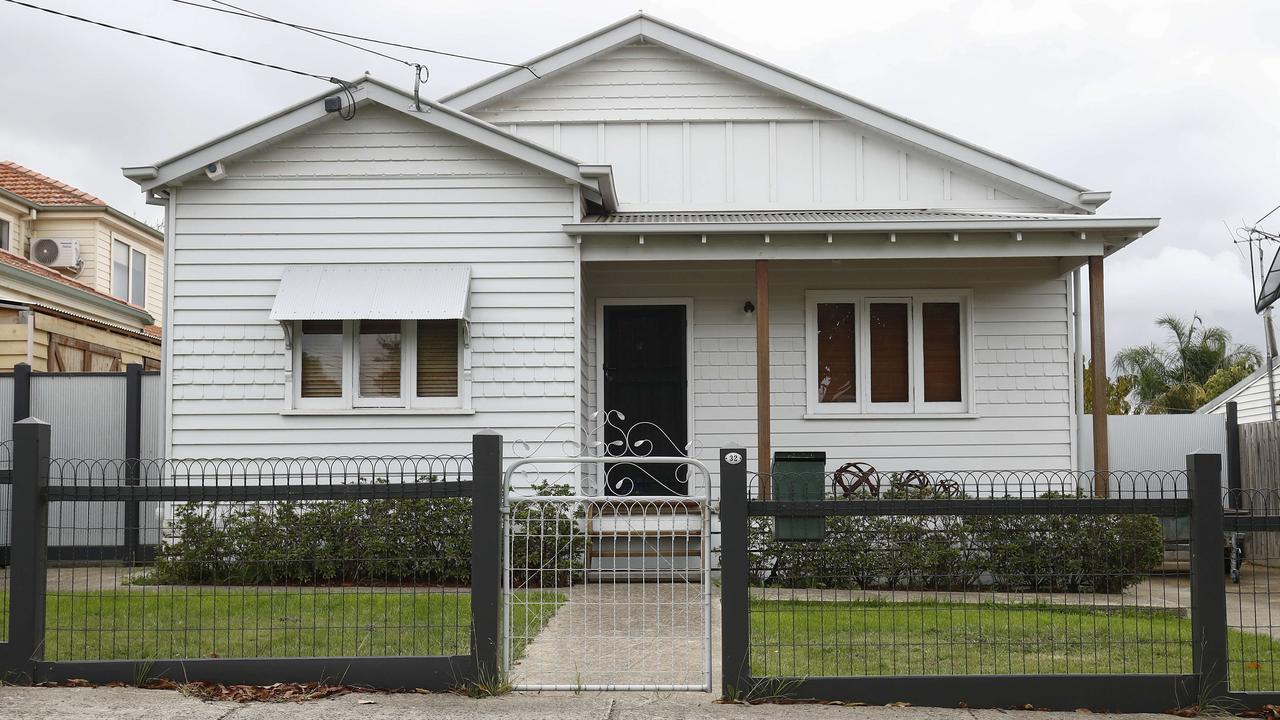Coronavirus forces record number of ATMs, bank branches to close
New figures reveal 2100 ATMs in Australia were removed between April and June, while the big four banks have shut 175 branches collectively.

Australia was already fast becoming a “cashless” society – but the coronavirus pandemic has apparently sped up that trend.
According to new figures from Australia Payments Network, banks have been forced to shut down branches and remove ATMs as the COVID-19 crisis escalates.
The organisation estimates 2151 ATMs were removed across the country between April and June.
The big four banks have also shut 175 branches collectively over the past year, with major banks including the Commonwealth Bank, Westpac, ANZ and NAB all announcing the closure of branches as a result of changing staffing needs and a decrease in foot traffic as the public health catastrophe unfolds.
RELATED: Follow our live coronavirus coverage

RELATED: Victoria’s lockdown rules explained
Meanwhile, new research from PayPal Australia has revealed a significant shift towards e-commerce and a move away from cash, with 23 per cent of Australian businesses and 21 per cent of consumers now completely cashless.
The research also found around 2.5 million adults started shopping online for the first time during COVID-19 while 57 per cent of Australians expect cash to be completely phased out of personal spending by 2030.
As you might expect, the move to cashless is being led by the young with only a fraction of those in the younger generation saying they’ll always use cash, compared with 46 per cent of older Australians.
“The impact of COVID-19 on e-commerce in Australia is difficult to overstate. Millions of transactions that would normally have taken place in stores shifted to digital and more than two million Australians started shopping online for the first time,” PayPal’s Australian senior director Peter Cowan said.
It comes as many Australian retailers began refusing to accept cash this year in a bid to protect workers and slow the spread of COVID-19, with many fearing infection from “dirty” notes and coins.
For months now, many major companies have forbidden cash transactions altogether or have strongly encouraged customers to pay electronically for safety reasons.
Earlier this year, national secretary of the Shop, Distributive and Allied Employees Association, Gerard Dwyer, told the ABC banning cash was an important way to keep “frontline” retail staff safe.
“We would like to see alternate cash registers closed,” he said at the time.
“We would like to see us move to card only, no cash. Cash is a carrier.”
And a new report from payments company Square recently revealed Australian businesses had experienced a cashless growth spurt amid the coronavirus pandemic, with one in three businesses turning effectively cashless over recent months.
The ACT saw the most substantial abandonment of cash, with cash payments plummeting there from 42 per cent of transactions in January to just 14 per cent of sales during April.
Tasmania, South Australia and Victoria weren’t far behind, with cash sales in those states also dropping by more than half over the same time period.
Square also conducted a short survey of Australian consumers around their recent cash use and found that more than half did not have any cash in their wallet, and had not visited an ATM for at least two months or longer.
Additionally, the survey highlighted that four in five Australians preferred contactless forms of payments, opting to use their mobile wallet, credit or debit cards over cash.




